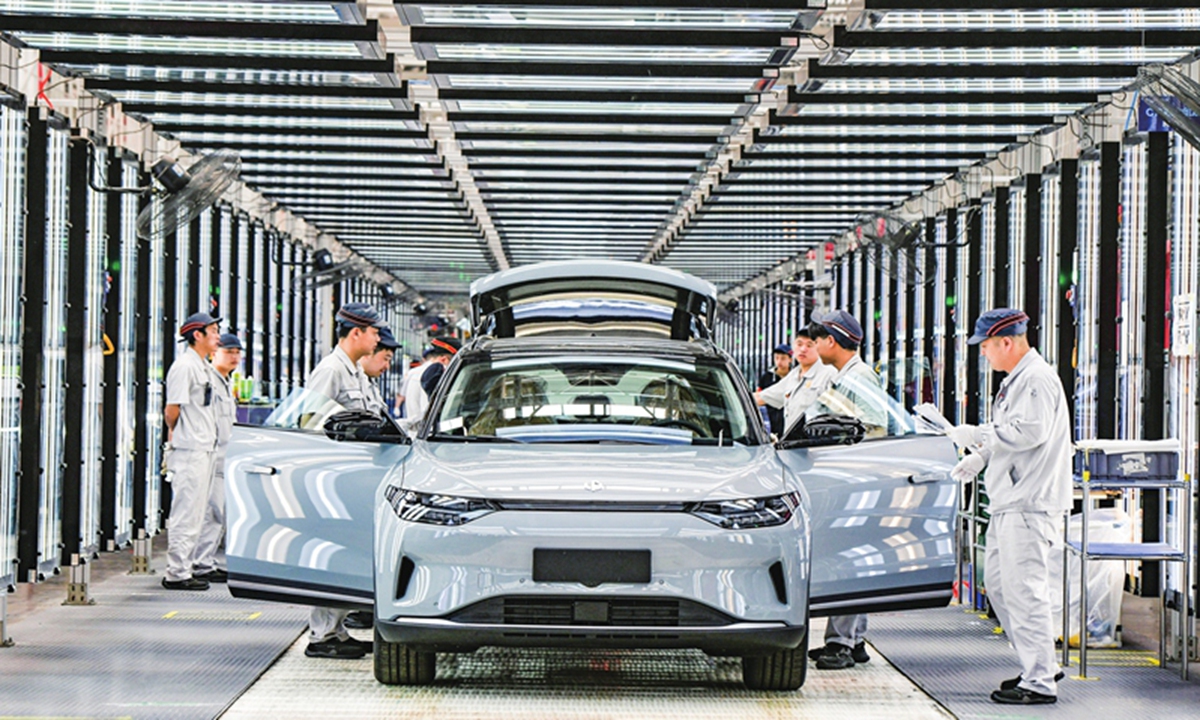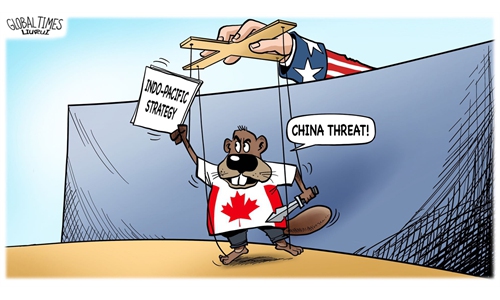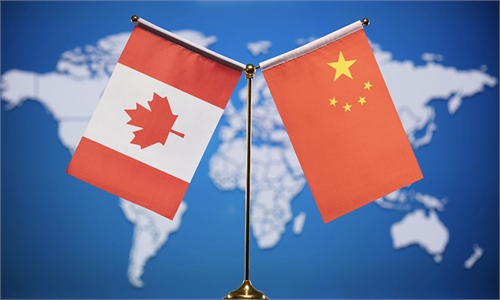Canada should avoid being cannon fodder as US hikes tariffs on Chinese EVs: experts

Workers complete assembling an electric vehicle (EV) at China's EV start-up Leapmotor in Jinhua, East China's Zhejiang Province on April 1, 2024. The smart EV factory delivered 14,567 new vehicles in March, a yearly increase of 136 percent. Photo: VCG
Chinese experts on Saturday urged Canadian politicians to maintain strategic sobriety and insist on an independent economic policy following media reports saying that Canada is considering whether to impose new tariffs on Chinese-made electric vehicles (EVs), even though US tariff hikes on Chinese EVs have been criticized for disrupting market competition and global industrial chains.
Experts said if Canada has plans to follow suit in announcing additional tariffs on Chinese-made EVs, bowing to trade protectionism will only backfire on Canadian companies and consumers, taking a toll on the country's business environment.
Trade Minister of Canada Mary Ng said in an interview that Canada is looking at whether it needs to raise tariffs on Chinese-made EVs after the US announced major new levies on them, according to a report by Bloomberg.com on Saturday.
"We are looking at this very carefully and we have an open dialogue with our American partners," Ng said.
The US on Tuesday announced new tariff rates on several Chinese products, including a major hike in levies on Chinese EVs, which has been seen as protectionism that violates WTO rules.
Wang Wenbin, a spokesperson for the Chinese Foreign Ministry, said that China has always opposed violating WTO rules and unilaterally imposing tariffs. "China will take all necessary measures to safeguard its legitimate rights and interests," Wang said.
China's Ministry of Commerce on Tuesday also urged the US to immediately cancel the additional tariffs on Chinese products and vowed to take resolute measures to defend its rights over US' announcement to increase tariffs on Chinese products.
Canada should avoid following the US in imposing protectionist tariffs to escalate the tension and further disrupt the global industrial and supply chains, Gao Lingyun, an expert from the Chinese Academy of Social Sciences, told the Global Times on Saturday.
Chinese analysts said Canada's actions toward China in recent years have been shadowing American practices, but blindly following Washington's footsteps is not conducive to the development of the Canadian economy and China-Canada economic relations.
Ng made the remark in an attempt to show a stance in line with its ally against Chinese EVs, Gao said, adding that Canada should consider its own interests instead of considering abandoning mutually-beneficial cooperation and acting as cannon fodder to serve the US' strategy of suppressing China's EV industry.
If Canada raises tariffs on Chinese-made EVs, it will damage its international reputation for abusing protectionism and violating of WTO rules, but such a move won't stop the rise of relevant Chinese industries, due to their small share in the Canadian market, Gao said.
"Even if Canada takes any measures to restrict import of Chinese EVs, it will cause limited impact to China's EV sector because there are barely Chinese-made EVs in the Canadian market," said Gao, adding that Ng's statement was more political motivated with little economic significance.
Global Times



